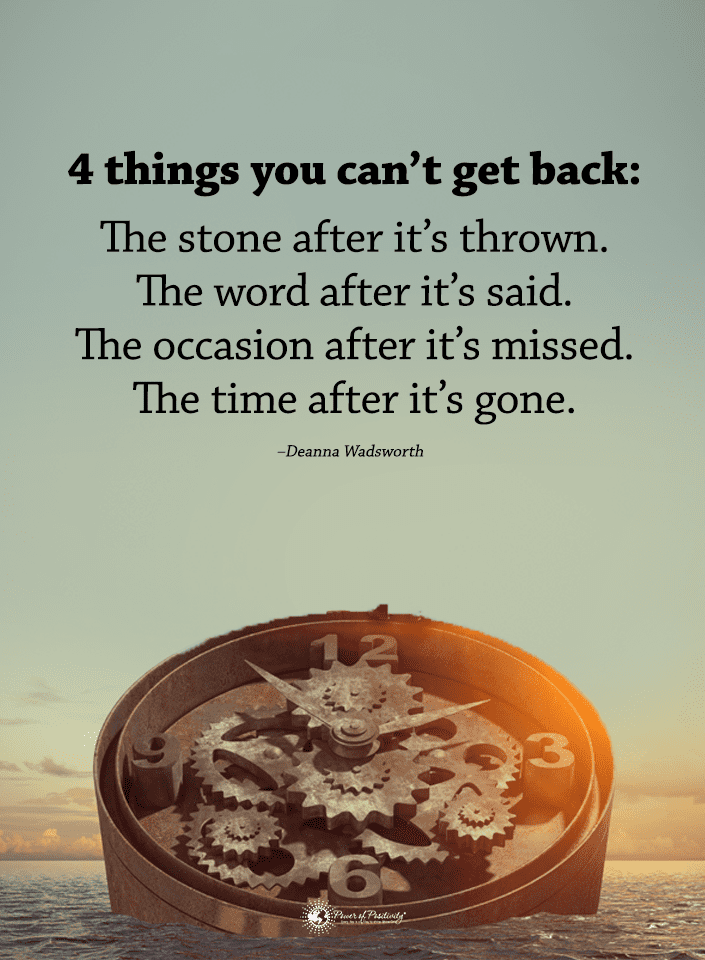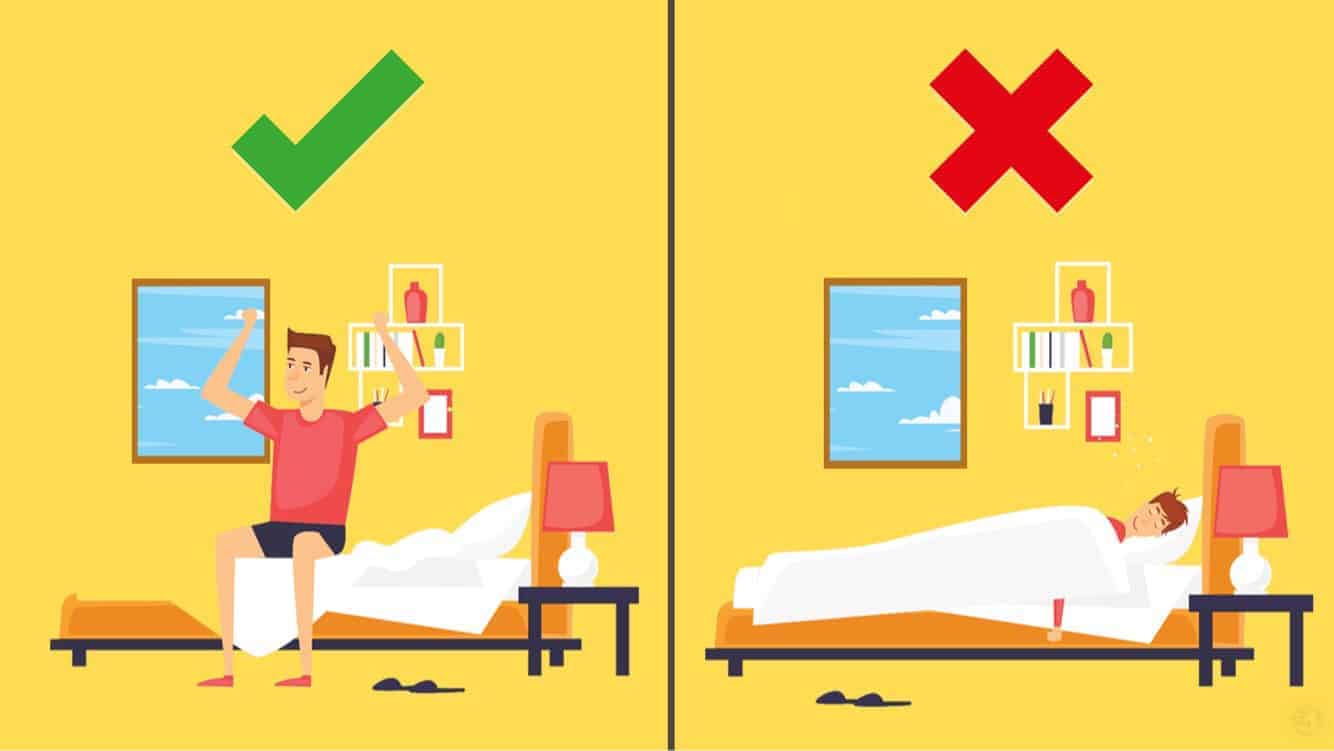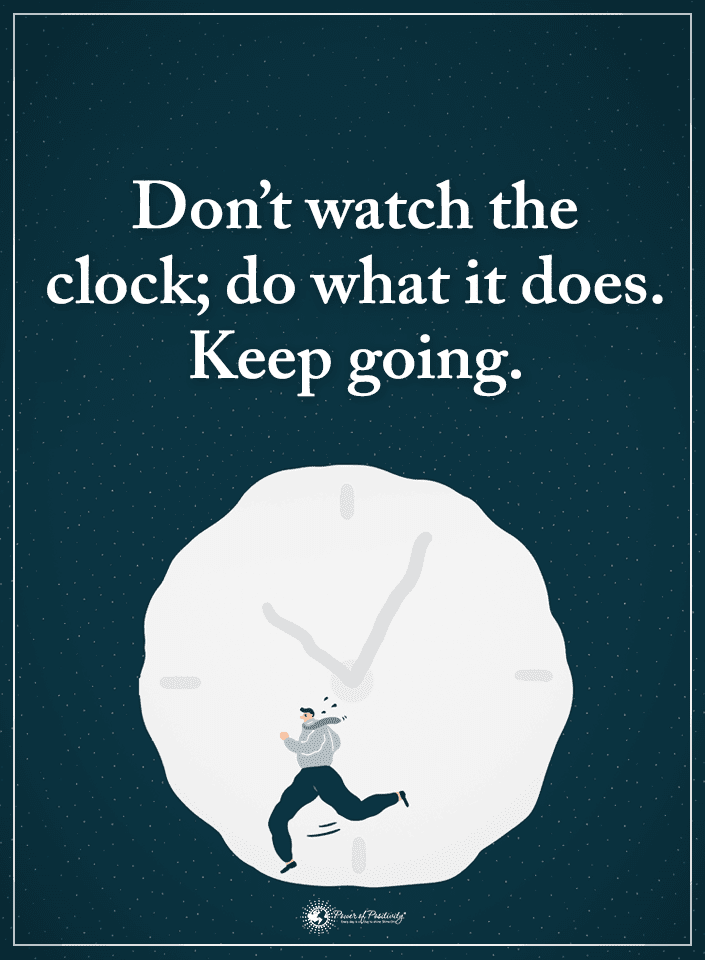Becoming an independent person is something everyone must eventually master a certain set of skills.
“Most people are unaware that they are conducting their lives more from a child’s frame of reference than in an adult mode.” ~ Robert Firestone, Ph.D.
Let’s be honest. We all have childish moments –some of which are fine and good (even fun!) Here’s the problem that Dr. Firestone is getting at: some people never grow up. As a result, they don’t take responsibility to their actions, seek to blame others, and – more often than not – lead a life of codependency.
But it is never too late to learn. The truth is that we can all gain something out of improving skills which allow us to live an independent and enjoyable life.
7 Skills an Independent Person Must Have
Without further ado, here are seven skills that every independent person should know:
1. How to Exercise Critical Thinking
Per The Foundation for Critical Thinking, “Critical thinking is the intellectually disciplined process of actively and skillfully conceptualizing, applying, analyzing, synthesizing, and/or evaluation information.” There are numerous benefits to be gained from mastering critical thinking skills, including but not limited to, self-management, self-discipline, and motivation.
In short, critical thinking involves rigorous questioning of assumptions and ideas rather than simply accepting them at face value. Heaven knows that we need more good critical thinkers now more than ever.
2. How to Manage Your Time
The words “time management” are enough to stoke fear in some – but they shouldn’t. Time management, contrary to popular belief, allows one to live more independently (rather than be a slave to the clock.) While sticking to a schedule involves a bit of discipline, the rewards are well worth the effort.
Effective time management requires knowing your goals and priorities, planning ahead, saying no, eliminating distractions, delegating responsibilities, watching what you spend, and practicing self-care.
3. How to Remember People’s Names
It goes without saying that building and maintaining relationships is a crucial life skill. A strong social network can sometimes distinguish between success and failure and happiness and despair.
A social blunder committed by many is the seeming lack of ability to remember people’s names. However, you can quickly improve this skill.
The two most important things when it comes to remembering a person’s name is concentration and repetition. Paying attention when someone speaks their name and then repeating it to yourself afterward makes a huge difference.
4. How to Negotiate
Skillful negotiation brings many desirable results in a person’s life, but saving and making money is probably where it (literally) pays off. Want a lower interest rate? Need a raise? Does the price need to come down? Having good negotiation skills in your arsenal may just make these things happen.
Remember these four things (especially the last):
- You can negotiate most things – but not everything.
- Negotiation is NOT a win/lose scenario.
- Remember to research to gain leverage (e.g., product prices.)
- Don’t be hostile! Negotiation can be turned into a polite, civilized conversation.
5. How to Perform CPR
Here’s hoping that you’ll never have to save the life of another human being. That said, about 70 percent of people feel helpless in a situation involving a heart attack, while over 80 percent of cardiac arrests occur in the home.
CPR, which stands for cardiopulmonary resuscitation, can be learned online or (preferably) in person. Regardless of the instructional medium, learning this valuable and potentially life-saving skill is well worth it.
6. How to Swim
If you don’t know how to swim, that’s okay. But you may want to consider learning for a couple of reasons. The main reason is, of course, for your safety. When you ride on a boat, raft, or some other vessel, knowing how to swim can not only save your life but may just save someone else’s life. Second, swimming is fun, invigorating, and an excellent form of exercise!
Most community pools hold swim lessons for a nominal fee. Another option is if you have an accomplished swimmer in your family, they can probably teach you the basics.
7. How to Recognize a Liar
Not to sound overly pessimistic, but there are liars everywhere. If you’ve ever been stung by a liar, you’re intimately familiar with the pain and embarrassment that surfaces afterward. If you haven’t, count your lucky stars.
You don’t need to be a CIA operative to learn to detect a lie. Here are some basics:
1. Ask some neutral questions: Don’t immediately delve into details. Ask them about their plans for the weekend or the weather – and then watch their body language.
2. Shift from neutral to “hot spot” questioning: Everyone gives subconscious cues when lying. For the untrained, facial expressions, eye movement, and sentence structure generally show a noticeable shift.
3. Listen to their words: When trying to catch someone in a lie, paying excessive attention to body language is tempting. Make sure that you direct some of that focus on their words. Also note that some may change the pacing of speech. For instance, they may start to speak more slowly or quickly. They might also lower or raise their natural pitch.

Final Thoughts on the Skills Every Independent Adult Should Master
The essence of independence is a blend of personal capabilities and astute understanding. As we’ve explored, skills ranging from critical thinking and time management to practical abilities like CPR and swimming are instrumental in carving out a self-sufficient life. These aren’t just skills. Instead, they’re tools for life that empower us to navigate diverse situations confidently. Recognizing falsehoods and negotiating effectively equip us to traverse the intricate pathways of human interactions, ensuring we remain vigilant and proactive. In a world of complexities and challenges, these skills become our compass, guiding us toward informed decisions and meaningful interactions. True independence is not just about standing alone but standing tall, informed, and prepared. By mastering these skills, we set ourselves up for success, ready to face life’s myriad challenges and joys.




















